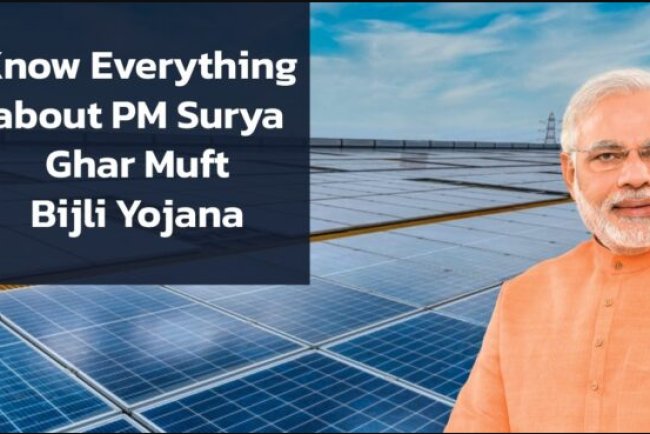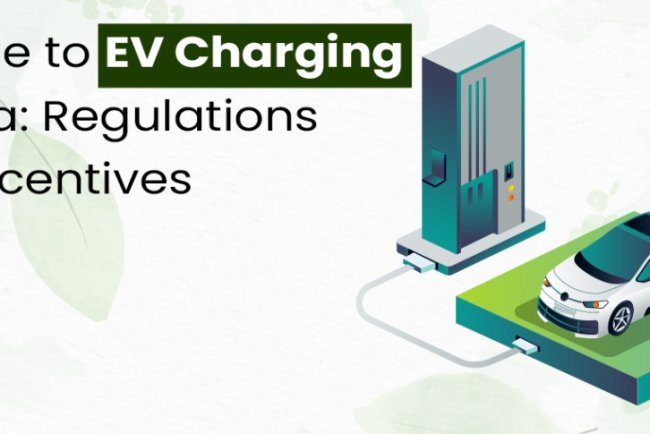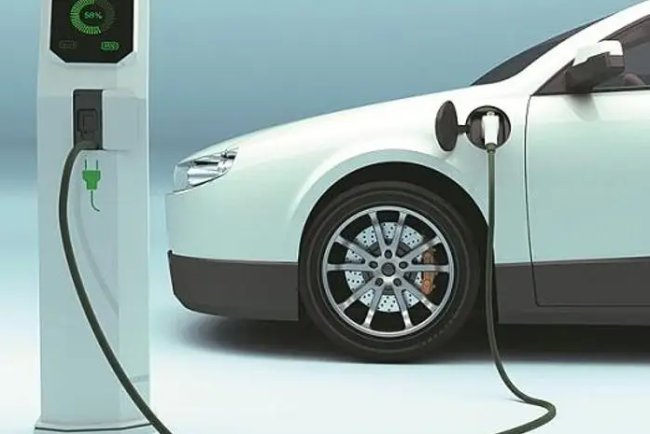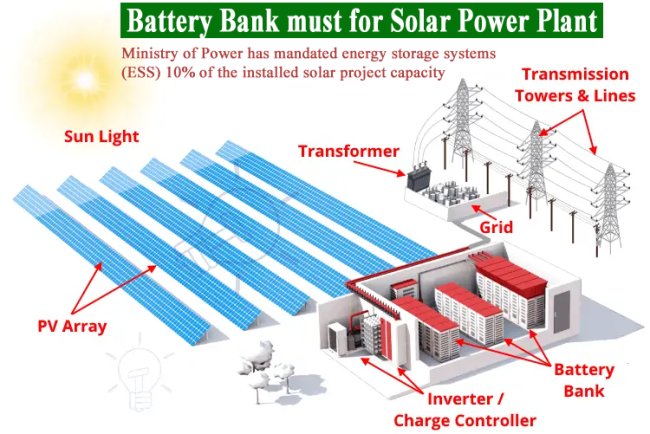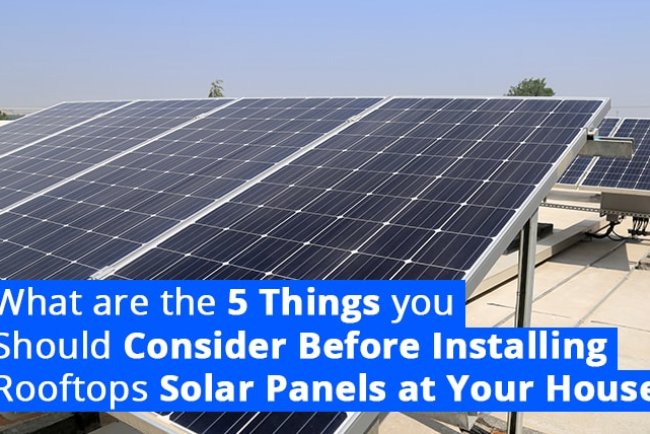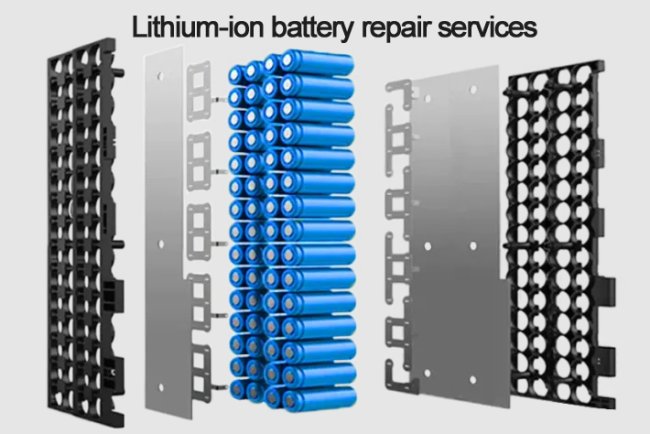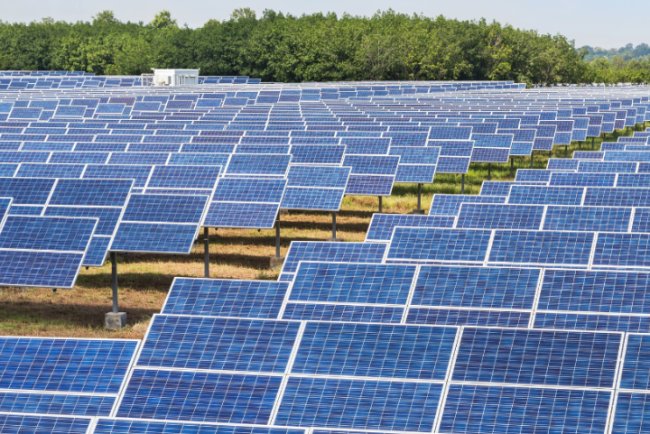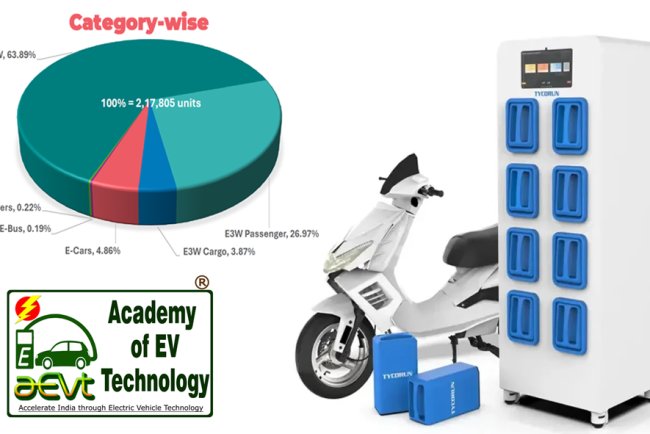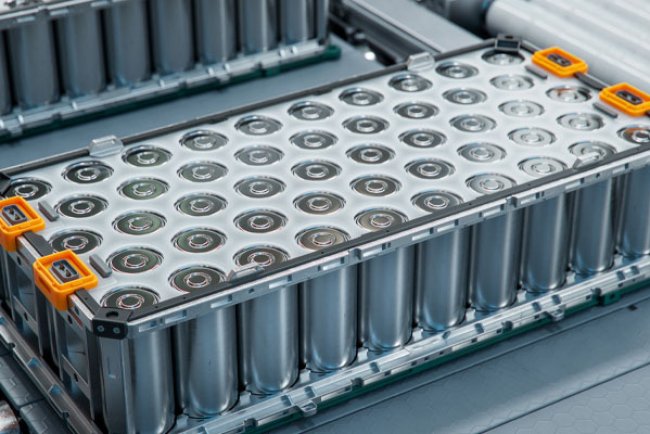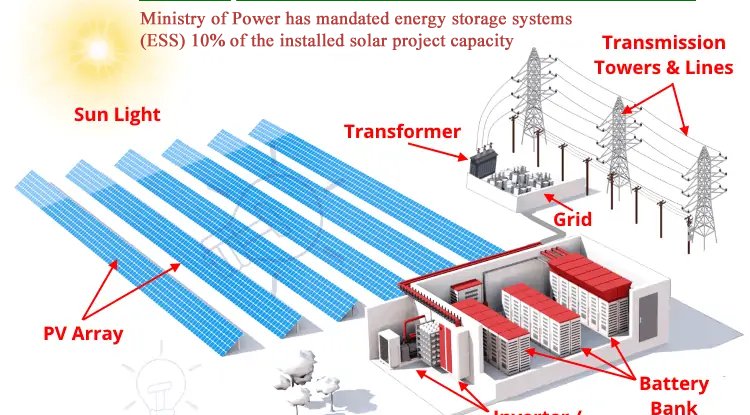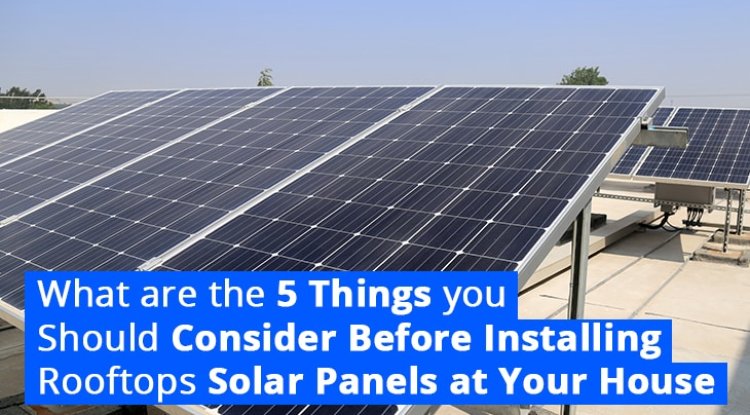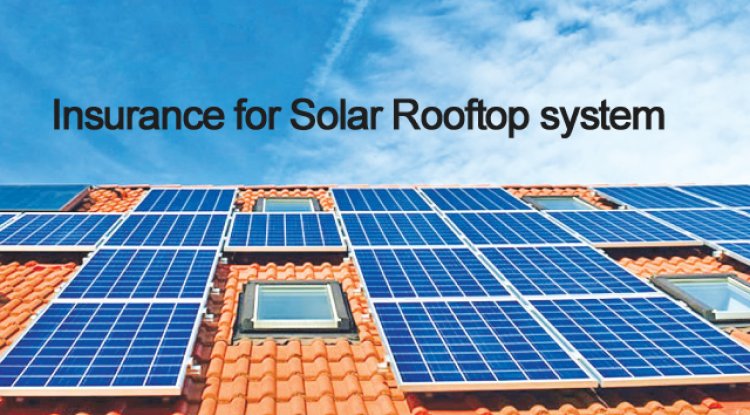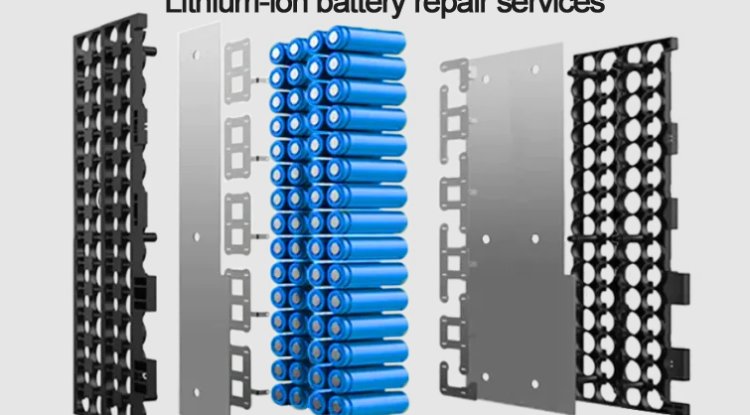This site uses cookies to improve user experience and site performance, offer promotions tailored to your interests and enable social media sharing. Where required by applicable law, we will obtain your consent before we place any cookies on your device that are not strictly necessary for the functioning of our websites.
Know more to get PM Surya Ghar Yojana
PM Surya Ghar Muft Bijli Yojana Rooftop Solar Race in India
Government Support Entrepreneurs to Start EV CS Business
Solar Project history in West Bengal
EV Charging Station Development
10 percent Battery Energy Storage mandate for Renewable Energy Power Plant
Know before Rooftop Solar Installation at your Home
Insurance for Solar Power Plant
Lithium-ion battery repair services
MW Solar Power Plant Consultancy
Lithium-ion Battery Manufacturing consultancy
Challenges and opportunities for high-quality Lithium-ion Battery Manufacturing




